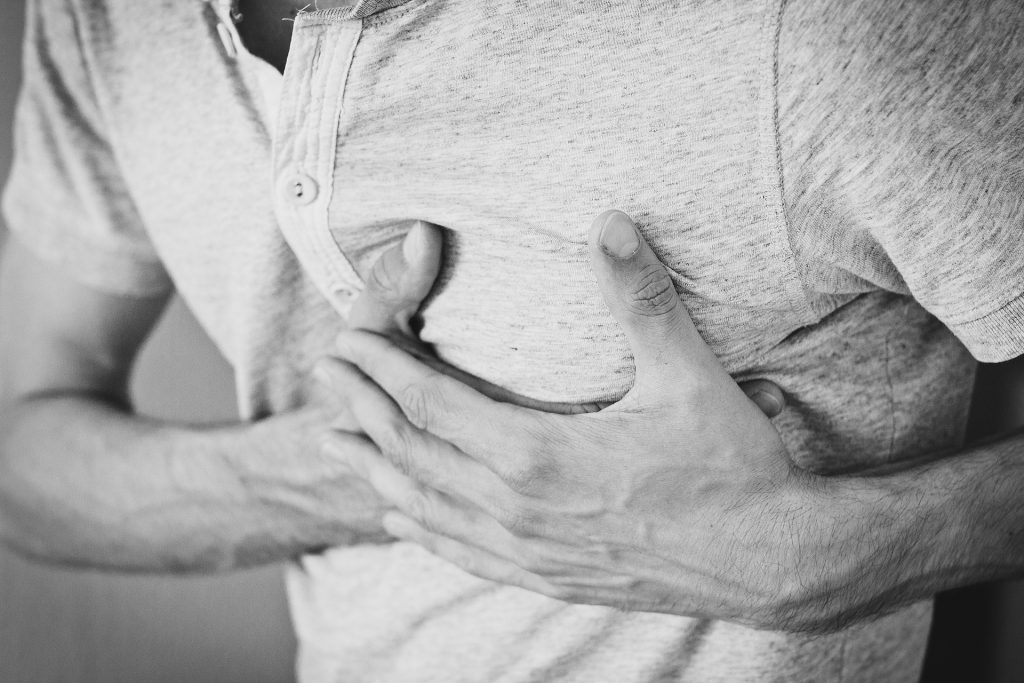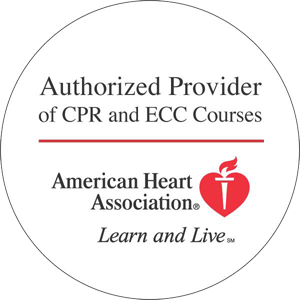HeartCert wants everyone to feel empowered to keep their pets safe. Our American Red Cross Pet First Aid (Cat and Dog) online course will provide you with the knowledge and confidence to keep your furry friends safe. In our 35-minute online informational course, you will learn the basics in emergency care for cats and dogs through a variety of topics through the Red Cross at your own pace.

Here is what you’ll learn:
Immediate response to emergencies
Course participants will learn how to administer basic first aid to help animals in critical emergency situations – including breathing and cardiac emergencies, wounds, bleeding, and seizures.
Injury prevention
Our pet first aid course educates pet owners on creating and maintaining a safe environment to reduce the risk of accidents and injury for cats and dogs.
Identifying signs of distress
You’ll learn how to recognize subtle cues indicating pain or discomfort in cats and dogs. This early detection can lead to timely intervention and potentially prevent more severe complications.
Helping others
Don’t have pets of your own? The pet first aid course will give you the necessary skills to help an animal in need so you can help other animal owners who may not know what to do in an emergency. This course is also a great certification for those in an animal related profession from pet-sitters, pet store employees, dog walkers or animal groomers.
Pet first aid is a lifesaving course that is available to all. For a small fee and short commitment of time you’ll gain the knowledge to be able to prevent injury and save an animal that is experiencing medical complications. Sign up for our pet first aid course today to become your pet’s superhero in a time of need.
HeartCert CPR is your trusted training partner for CPR, ACLS, PALS, EMR, First Aid, CNA, IV and more, in Minnesota and throughout the United States.
HeartCert CPR courses include CPR/AED/First Aid and CPR/AED, Basic Life Support (BLS), Advanced Cardiac Life Support (ACLS), Pediatric Advanced Life Support (PALS), and Certified Nursing Assistant training. Courses and certifications from both the American Heart Association and American Red Cross are available.
We are now offering virtual CPR courses and certifications, as well as safe in-person courses at all locations and our headquarters, HeartCert CPR Eagan.









